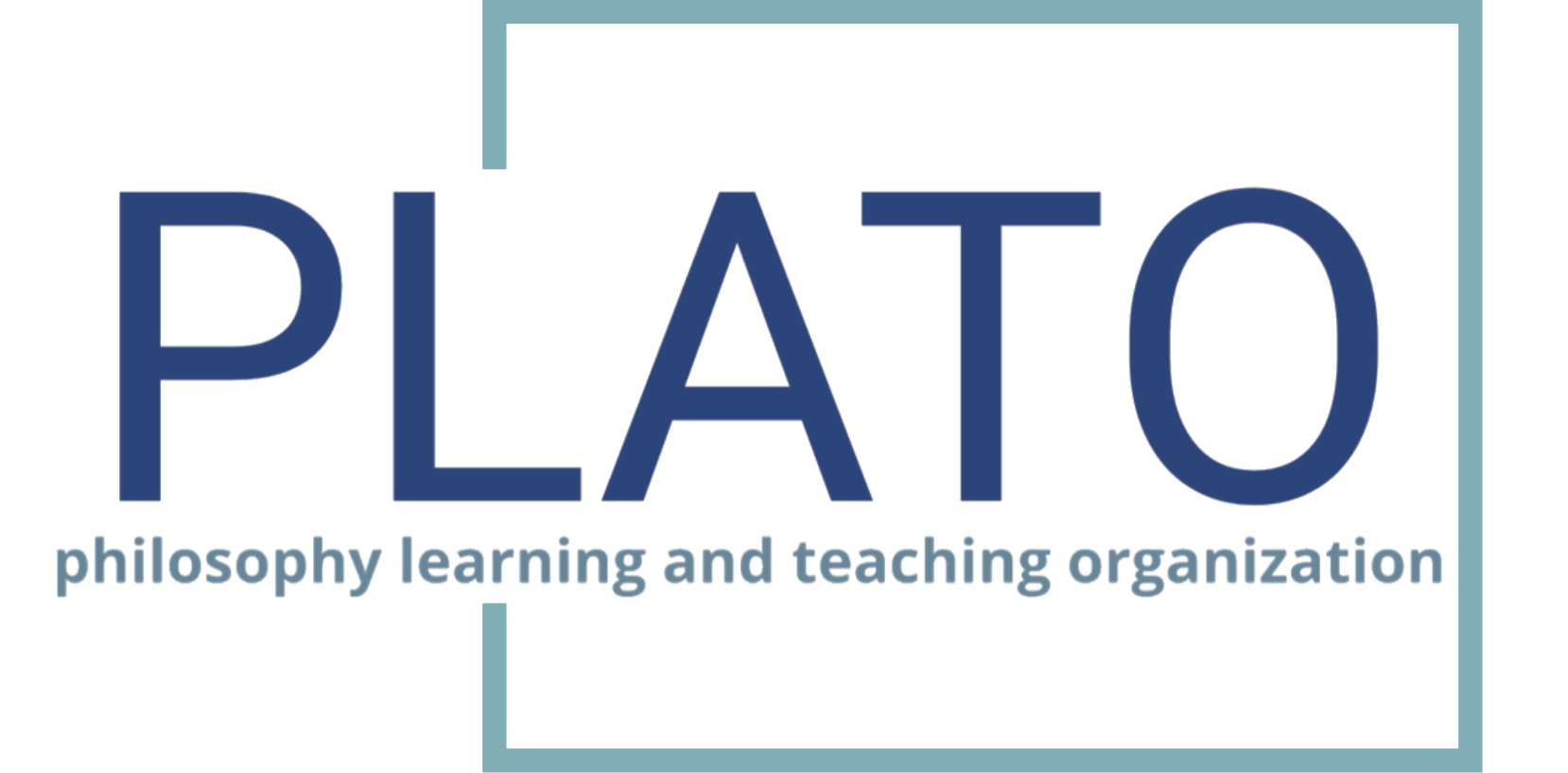Philosophers in the Schools
Description
Philosophers in the Schools
PLATO’s “Philosophers in the Schools” program introduces young students in Seattle-area classrooms to philosophy in classes led by PLATO philosophy instructors and UW students. We use children’s literature and a wide range of activities to encourage curiosity and wonder and inspire exploration of some of life’s essential and unsettled questions, such as: Who am I? Is justice possible? What is a good life?
Young people are eager for engagement about the big questions that matter to them, and encouraging this interest helps them learn to trust their own ideas and questions. Because of its emphasis on constructing well-reasoned arguments, anticipating alternative points of view, and thinking analytically, there is no better education than philosophy for learning to think well. It is imperative that children develop the critical thinking and listening skills necessary for participation in a democratic society.
Philosophy sessions create a community of philosophical inquiry — an intellectually safe environment, in which students develop confidence in expressing their own perspectives, listen to one another, and challenge and build on one another’s thinking. We are not teaching philosophy to young people — we are doing philosophy with them. These young philosophers come to appreciate that there are many ways to understand the world and that their own voices are uniquely valuable.
Philosophers in Residence
In 2013 the Philosopher-in-Residence Program was launched in the Seattle School District at John Muir Elementary School with a grant from the Squire Family Foundation. The program expanded in 2018 to Thurgood Marshall Elementary School with help from additional donor support. These are culturally diverse K-5 schools in Seattle’s south end; many of these students are among those least likely to have access to academic enrichment programs.
The Philosopher-in-Residence Program helps to develop strong and sustainable philosophy programs in these schools by creating ongoing relationships with faculty members and staff, many of whom have engaged in professional development opportunities and attended PLATO workshops. Parents are also involved.
As a result, both schools now offer philosophy in multiple classrooms across many grade levels, enabling students to benefit from philosophy discussions throughout their elementary school careers and fostering a philosophical culture throughout the schools.
This program has expanded to three high schools around the country, funded by a grant from the Whiting Foundation. PLATO hopes to launch similar programs in schools around the country.
University of Washington Students
UW graduate and undergraduate students who take Philosophy for Children courses learn to “do” philosophy with young students by facilitating discussions on issues such as the nature of ethics, art, freedom, time, knowledge, and identity. These courses emphasize the “community of philosophical inquiry” model, according to which elementary school students are encouraged to ask their own questions, develop views and articulate reasons for them, and learn from one another. The emphasis is on learning by doing.
UW students then placed in local schools where they facilitate discussions on subjects such as the nature of art, freedom, time, knowledge, and other topics, supervised and mentored by experienced instructors. These placements take place in part through partnerships developed with the University of Washington’s Riverways Education Partnerships, an outreach program that connects students with tutoring and mentoring opportunities in local schools, and the University of Washington College of Education.
What Students Say
– Ten-year-old philosophy student
– Nine-year-old philosophy student
– High School philosophy student
– Eight-year-old philosophy student



What Teachers Say
“Philosophy has been an authentic way to connect the children and their thoughts about the world, allowing for meaningful conversations. I have seen significant social and emotional development throughout the year, which I believe has been positively influenced by the philosophy sessions.”
— Second grade teacher at John Muir Elementary School, Seattle
“I have watched students who never participate in anything at school become excited and exuberant over the chance to express their ideas.”
— Teacher at Nova High School, Seattle
“Philosophy in my first grade classroom has been a powerful means through which my students have been able to wrestle with questions and express their thoughts in a safe yet challenging environment.”
— First grade teacher at John Muir Elementary School, Seattle
“In philosophy my students have learned to listen to others’ ideas and add to them or disagree respectfully. I hear students who hardly raise their hands in class give intelligent, thought-out opinions or challenge others’ ideas.”
— Fourth grade teacher at Whittier Elementary School, Seattle
When teachers have ongoing philosophy sessions in their classrooms, frequently they become inspired to make philosophy part of their curriculum. This can happen either through regular sessions facilitated by PLATO personnel, or by teachers themselves following up with students to explore topics discussed in philosophy, eventually leading entire philosophy sessions on their own, and attending PLATO workshops for more training.



Connect With Us!